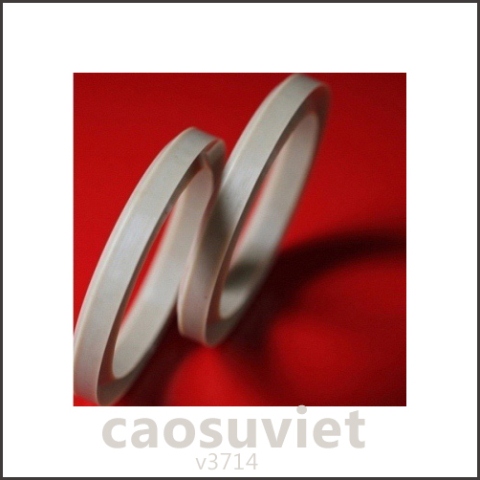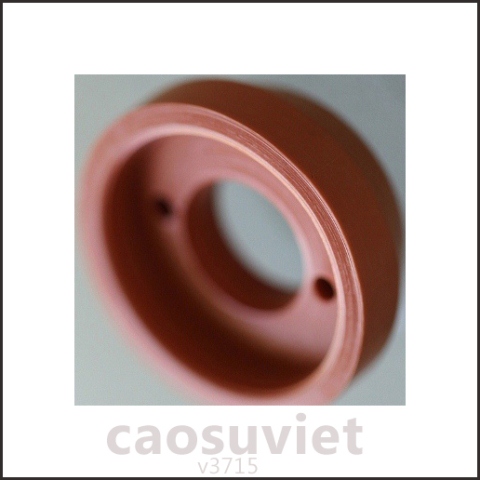Vật liệu đàn hồi nhiệt dẻo là những vật liệu có liên kết mạng chuyển hóa thuận nghịch theo nhiệt độ, nên vật liệu có thể được gia công nóng chảy như nhựa nhiệt dẻo và thể hiện tính đàn hồi ở nhiệt độ môi trường tương tự như cao su lưu hóa. Tính chất đặc biệt này là do cấu trúc pha của vật liệu, được trình bày cụ thể bên dưới:
…
Most TPEs are essentially phase-separated systems. The only currently known exceptions are Alcryn® (registered trademark of Advanced Polymer Alloys), a single-phase melt-processible rubber (MPR) and materials based on ionomers. Usually, one phase is hard and solid at ambient temperature whereas the other is an elastomer. Often, the phases are bonded chemically by block or graft polymerization. In other cases a fine dispersion of the phases is apparently sufficient [3]. The hard phase gives these TPEs their strength and represents the physical crosslinks. Without it the elastomer phase would be free to flow under stress and the polymer would be practically unusable. On the other hand, the elastomer phase provides flexibility and elasticity to the system. When the hard phase is melted or dissolved in a solvent, the material can flow and can be processed by usual processing methods. Upon cooling or evaporation of the solvent, the hard phase solidifies and the material regains its strength and elasticity.
The individual polymers constituting the respective phases retain most of their characteristics so that each phase exhibits its specific glass transition temperature (Tg) or crystalline melting temperature (Tm). These two temperatures determine the points at which the particular elastomer goes through transitions in its physical properties.
…
Trích đăng từ tài liệu Handbook of Thermoplastic Elastomers, Jiri George Drobny, William Andrew, 2007, trang 2
(vtp-vlab-caosuviet)
 |
Lĩnh vực vật liệu cao su nhựa đang thu hút
nhiều sự quan tâm |
 |
Cao su nhựa kết hợp các ưu điểm
của nhựa và cao su |